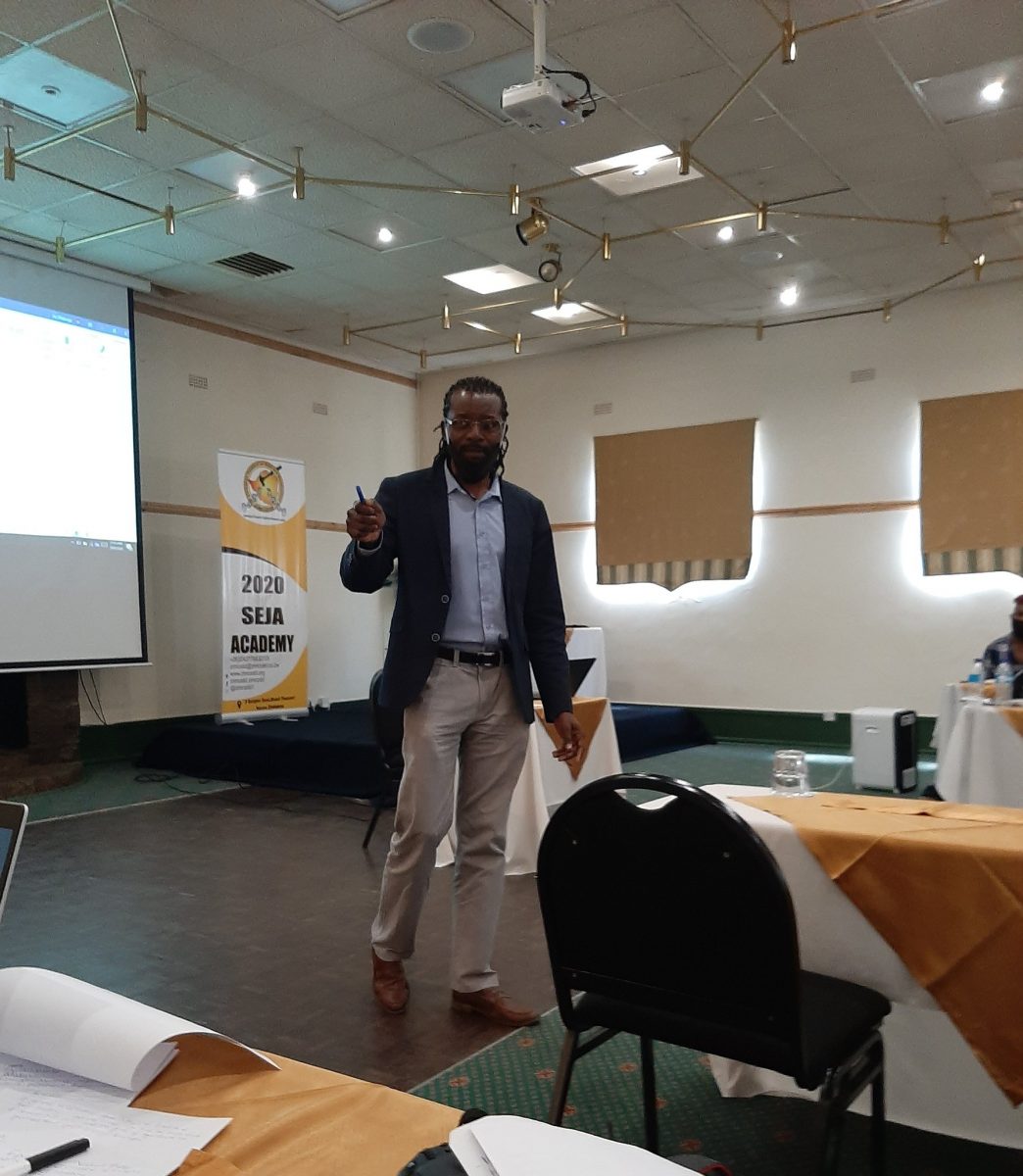By Zimbabwe Coalition on Debt and Development
The Zimbabwe Coalition on Debt and Development (ZIMCODD) is hosting its annual Social and Economic Justice Activist Academies (SEJAAs) from the 24th to the 31st of August 2020.
The National Social Economic Justice Activism Academy is being currently conducted in Nyanga with 25 participants drawn from all provinces. Three Regional SEJAAs since the 25th of August 2020 has been conducted in Gweru, Mutare, and Masvingo. The last regional SEJAA will be held in Harare on the 31st of August 2020.
The main objective of the SEJAAs is to raise the level of economic literacy among youths to promote social accountability and prudent management of
public resources. The initiative recognizes that young people constitute more than 67 percent of the national population hence the need to equip the youth to take advantage of their demographic dividend to influence public policy and public service delivery at all levels through active participation in economic governance.
More importantly, the training seeks to bridge the ideological dearth and intergenerational knowledge gap that exists between the young and older generations through systematic knowledge transfer.
The SEJAAs seeks to create a network of young women and men that are economically conscious and equipped with sound leadership and stewardship skills. The aim is to promote interest among youths to amplify their voices and participate in policy formulation and implementation through engagement with duty bearers.
Participants were drawn from private and public media houses, freelance journalists, bloggers, youth-led and youth-oriented civil society organizations, and aspiring university graduates to become champions of socio-economic justice and advocates of transparency and accountability in public finance management.
The training was delivered in the form of modules. The modules for the training included Lobbying, Advocacy and Activism Skills for Social and Economic Justice; Human rights defenders’ risk and security management; Activism and Transformational Leadership; Engendering the national purse; Debt sustainability and socio-economic implications; Data Mining, citizen journalism, and Social Accountability Monitoring; People-centred Public Policy and Administration in Zimbabwe; Organizing and influencing for social and economic justice and Bridging the intergenerational ideological deficit.
The facilitators emphasised on the importance of collective activism in community engagement. Effective advocacy takes young people that are willing to go the extra mile. Youths must have a clear strategy, personal leadership, integrity infused with creativity to utilise and capitalise on digital activism.
The training program unpacked the concept of advocacy as an act of seeking accountability and transparency at the community and national level.
Advocacy is not being violent. It can be conducted in a professional manner from a well-informed position. Participants were implored to read and research to make informed and valid points. Knowledge of relevant legal frameworks, social accountability, participation, and involvement in budgetary planning processes and public policy-making processes are critical in socio-economic justice activism.
Issues raised during the program included the need to have a gender-responsive budget which takes into account the unpaid care work of women. Participants proposed to create the Youth Budget tool-kit to facilitate the inclusion of issues affecting young people in the national budgeting process. Participants were encouraged to employ and explore different ways of packaging messages to reach out to different audiences.
ZIMCODD believes everyone has a voice and that its mandate is making people realise that they have the right to speak out. Expected outcomes from this class are social and economic justice champions, advocates of transparency and accountability in public finance management and leaders grounded in sound public administration.
